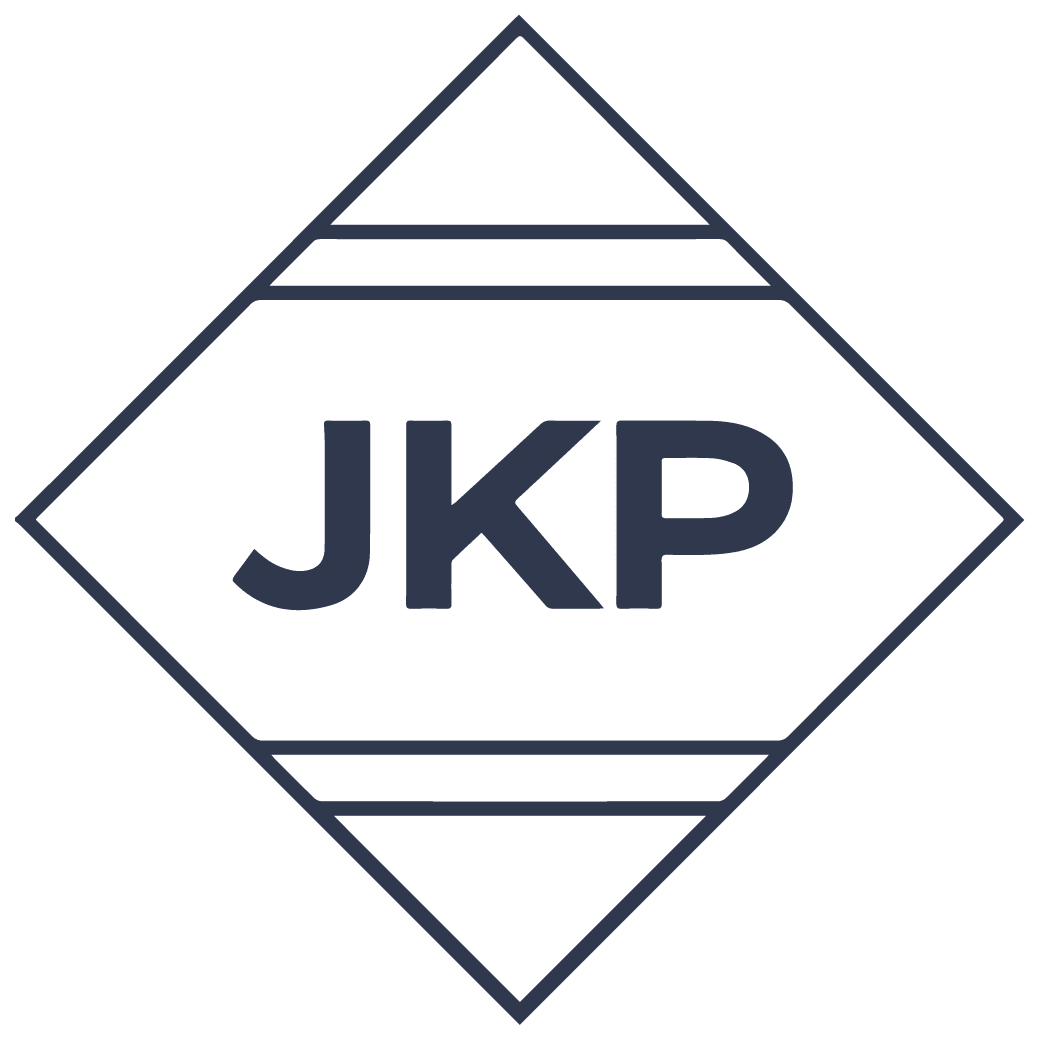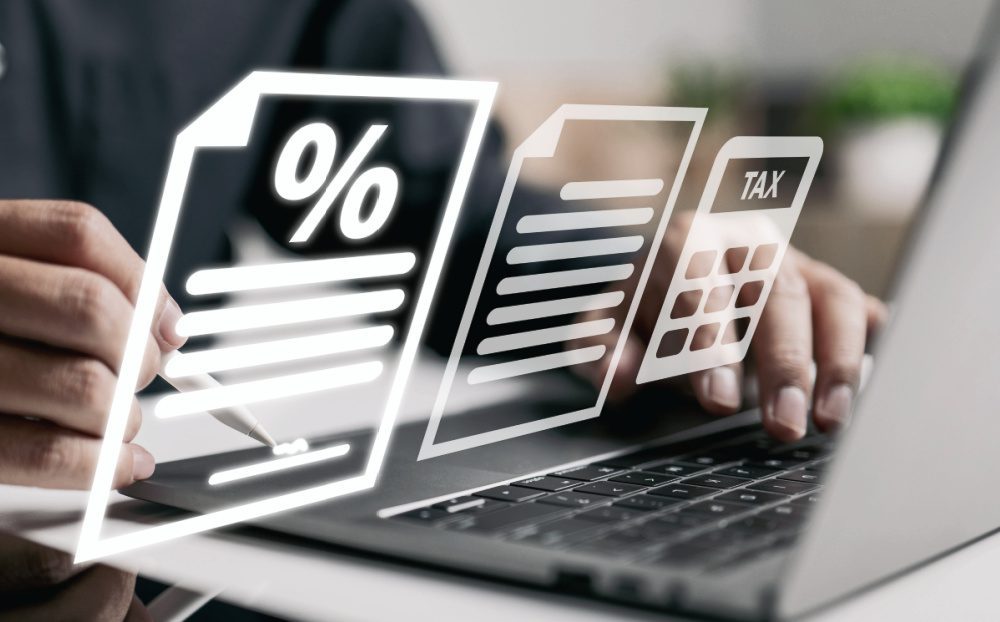On 22nd November, Chancellor of the Exchequer Jeremy Hunt delivered the Autumn Statement for 2023 to the House of Commons. Also known as the Autumn Budget, this sets out the latest plans for reducing inflation and stimulating the growth of the UK economy.
So, what did the Autumn Budget 2023 reveal that could affect small businesses and self-employed business owners in the UK? Here are the key updates to keep in mind for next year and beyond.
Freezing VAT threshold
The threshold at which small businesses have to register to pay VAT has been frozen at an annual turnover of £85,000 and a 20% rate for the last six years.
Despite the low threshold stunting small business growth, the government has not made any changes, so this freeze will still remain in place until 2026.
Freezing alcohol duty
After the introduction of a new alcohol tax regime in August 2023 that drove up costs significantly, alcohol duty has now been frozen until 1st August 2024.
This means there will be no news about the next annual uprating of alcohol tax until the Spring Budget, which is expected to be shared in March 2024.
Help for business rates relief
While the standard multiplier for business rates will increase in line with inflation, businesses that own properties with a value below £50,999 will be glad to know that the small business multiplier will remain frozen at 49.9p for the fourth year running.
The current 75% business rates discount for retail, hospitality, and leisure premises has also been extended for 2024–2025, with relief available up to a cap of £110,000.
Merging R&D relief schemes
Some small businesses, especially tech start-ups and scale-ups, reduce tax liabilities by claiming R&D relief on investments in research and development.
However, the government intends to merge the R&D Expenditure Credit scheme and the SME scheme into one to make things simpler for companies of all sizes, which will tax credit for loss-making businesses at 19% instead of the previous 25%.
Making full expensing permanent
First introduced in April 2023 as a replacement for the super deduction for small businesses, full expensing was originally intended to last until the end of March 2026 – but new legislation will now make full expensing permanent.
This tax break allows incorporated businesses to claim back 25p in Corporation Tax for every £1 that they invest in IT, plant, or machinery – deducting the cost of assets from their profits in the year of purchase for a reduced tax bill.
Simplifying Making Tax Digital
The updated online system for filing and paying taxes, Making Tax Digital, is due to roll out in 2026 for self-employed people and small businesses with an annual income of £50,000 or more.
However, there will be some changes to Making Tax Digital for Income Tax Self-Assessment (MTD for ITSA). Newly announced measures will simplify quarterly updates and remove the requirement for providing an end of period statement (EOPS).
Tackling late payments
At any given time, small businesses in the UK could collectively be waiting on millions of pounds in unpaid invoices – so the government aims to overhaul this culture of late payments.
The Procurement Act already enforces 30-day payment terms for subcontractor invoices in the public or utility sectors, but from April 2024, companies that bid for large government contracts must also prove they pay their invoices within 55 days.
Is your business ready for 2024?
For some, many of these updates are welcome news, such as business rate multiplier freezes and business rates relief extensions – while others, such as the VAT freeze and R&D relief changes, are still holding small businesses back.
With more new systems and regulations coming into force to manage cross-border trade between the UK and the EU next year, it’s more important than ever for business owners to stay on top of the upcoming changes for 2024.
If you are a VAT-registered business that imports goods into the UK, or your import business is likely to exceed the threshold for VAT registration within the tax year, it’s essential to make sure your processes are as cost-efficient as possible while remaining compliant.
That’s where a bonded warehouse run by John K. Philips could help.
Our bonded warehouse is conveniently located in North West England within easy reach of major transport links for streamlined distribution, and our integrated logistics solutions can ensure that your imported inventory is stored safely in a customs-free zone until you’re ready to move goods into the UK market, at which point duties will become payable.
To learn more, call the John K. Philips team on 01744 751 000, or fill out our enquiry form and we will get in touch to discuss your query as soon as possible.


